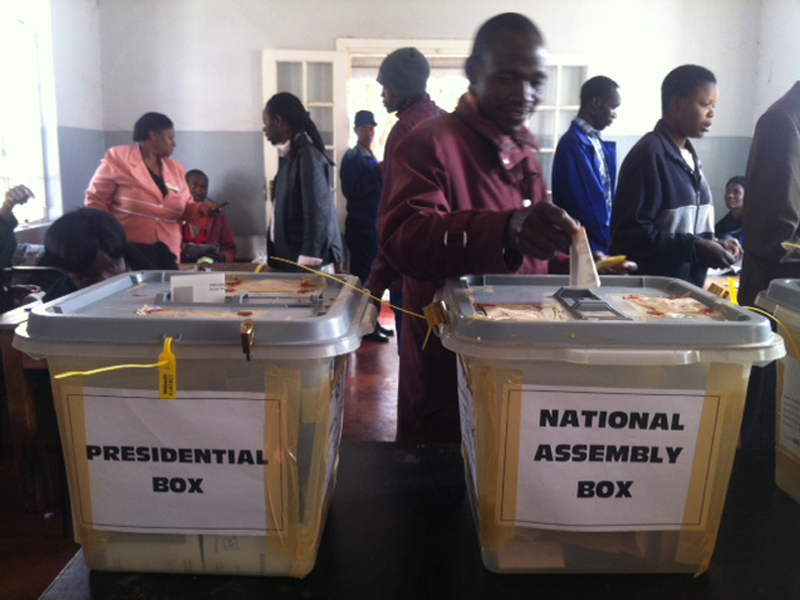
PARLIAMENTARIANS should replace the Electoral Act in its entirety, as amendments that have been made to the Act are not in sync with the new Constitution, a legal think-tank has said.
NQOBANI NDLOVU
Amendments made to the Electoral Act are seriously flawed, Veritas – a lawyers’ think-tank charged, adding “rather than re-enacting the amendments, Parliament would be better advised to replace the Act entirely. . . as some of the recent amendments do not comply with the new Constitution”.
Veritas said the amended Electoral Act, for example violates rights of Zimbabweans provided for in the new Charter.
“The amended Act preserves Zimbabwe Electoral Commission (ZEC)’s virtual monopoly over the provision of voter education,” the think-tank noted.
“No one may provide voter education without ZEC’s approval.
“All this violates the right of citizens to participate in peaceful political activity guaranteed by Section 67(2)(c) of the Constitution and their right to freedom of expression guaranteed by Section 61 of the Constitution.”
Civic groups accused ZEC of failing to effectively conduct voter education awareness programmes across the country.
- Chamisa under fire over US$120K donation
- Mavhunga puts DeMbare into Chibuku quarterfinals
- Pension funds bet on Cabora Bassa oilfields
- Councils defy govt fire tender directive
Keep Reading
The groups also condemned ZEC’s voter registration exercise as shambolic and a waste of resources, since there was inadequate information on where the public should go and register as voters.
“Section 67 of the new Constitution, as the ZEC belatedly acknowledged, gives all adult citizens the right to vote in elections. This means that citizens living outside Zimbabwe or in prison or immobilised in hospital are entitled to vote in elections and must be given an opportunity to do so,” Veritas said.
“The amended Electoral Act contains no procedures, which would enable them to vote — indeed it effectively prevents them from doing so by denying them the right to a postal vote.”










